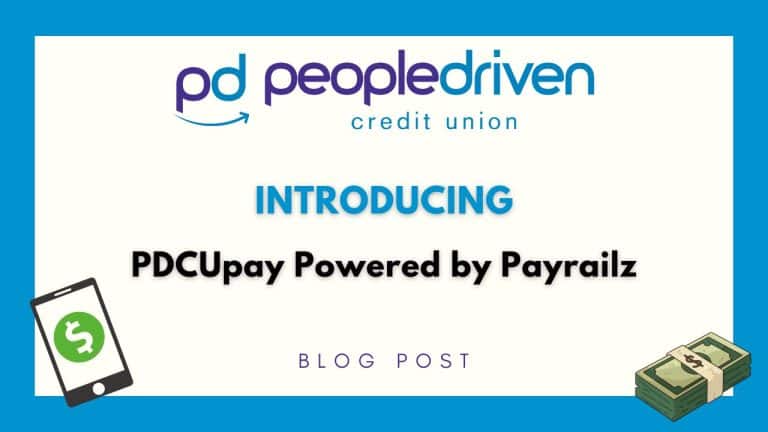What You Need to Know About Job Hunting Scams
The internet has made finding and applying for jobs easier than ever. Unfortunately, scammers have learned to exploit that same convenience. One of the latest trends involves criminals disguising themselves as recruiters or posting fake job openings designed to trick people into handing over personal information.

How the Scam Works
Sometimes a fraudster sets up what looks like a legitimate posting for a real company. The ad may appear on a well-known job site, but the “Apply Now” link sends you to a malicious page built to collect your information.
Other times, you may receive a message that appears to come from a recruiter. The details often look convincing real company name, professional signature but the link inside leads to the same kind of fraudulent website or a fake onboarding process asking for your Social Security number or banking details.
Why It Matters
These schemes don’t just put your phone number or email address at risk. Once a scammer has basic personal details, they can attempt identity theft, open accounts in your name, or launch phishing attempts aimed at your workplace. Even something as small as a résumé can reveal more than you realize.
How to Stay Ahead of It
- Pause before clicking. If something feels off about a message or job listing, trust your instincts. Misspellings, odd send times, or requests for payment or personal documents early in the process are all red flags.
- Go directly to the source. When in doubt, visit the official careers page of the company you’re interested in rather than relying on a third-party link or email.
- Follow official channels. If you’re applying for a role within your own organization, always use the approved internal process. That ensures your information stays secure and your application is legitimate.
If You Think You’ve Been Targeted
Act fast. Change your passwords, contact your financial institution, and monitor your accounts for unusual activity. You can also report fake job scams to the Federal Trade Commission or FBI Internet Crime Complaint Center (IC3).
People Driven Credit Union is here to help protect you.
Stay alert, keep your information private, and remember—if an opportunity seems too good to be true, it probably is.





